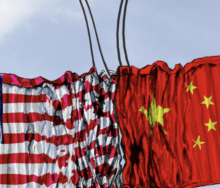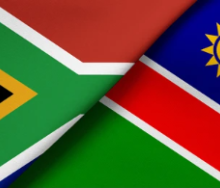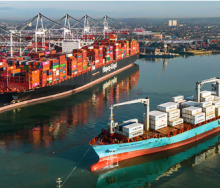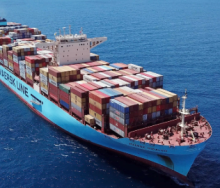Emerging markets to a large degree hold the keys to economic revitalisation as investors, keen on rapid growth and strong yield, seek riskier options.
Unfortunately the month we have just entered has never been a good one for the world’s developing economies and now, more than ever before, emerging market investors head into the first full week of May with history against them, Bloomberg reports.
In eight of the past 10 years, May has proved a losing month for stocks, currencies and local bonds in developing economies.
The uncertainty over the Covid-19 pandemic, a resurgence in US-China tension, and the collapse in corporate earnings merely makes the likelihood of declines this coming week all the stronger. Emerging market stocks dropped as much as 2.5% on Monday while implied currency volatility increased for a second day after President Donald Trump revived an attack on China, speculating the country may have spread the coronavirus and threatening trade tariffs.
Purchasing managers index data, due for release from a number of developing countries this week, will offer clues on the depth of the downturn after a report in China last Thursday showed overseas demand had slumped.
Last month’s gains in the Indonesian rupiah and Philippine peso may be tested as the two nations announce gross domestic product data.
Interest rate decisions will also be in focus in Malaysia, the Czech Republic and Chile. However the most significant policy meeting may be in Brazil where a fresh political storm involving President Jair Bolsonaro, and the easing of lockdown measures even as the virus infection rate rises, have combined to make the real the world’s worst-performing currency this year.













